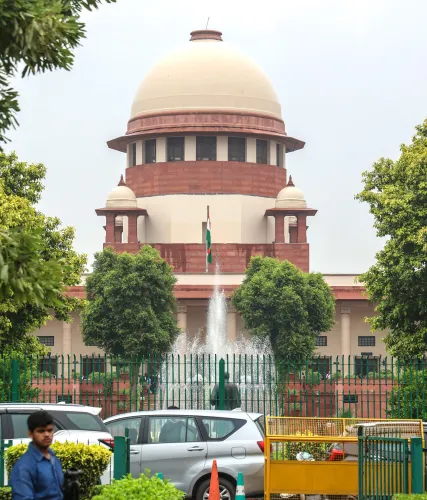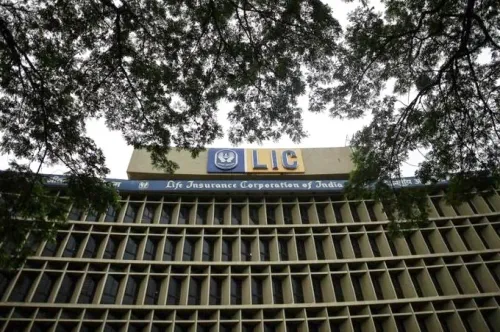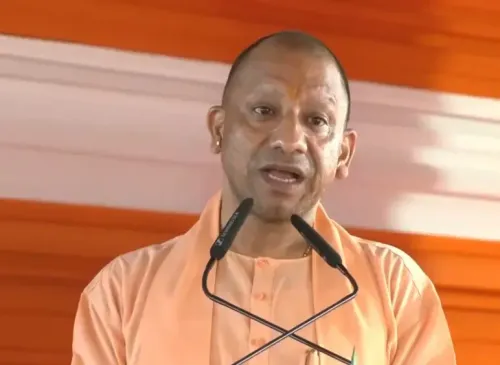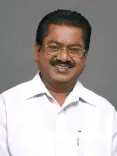Is Asim Munir Consolidating Power Behind Pakistan’s Civilian Facade?
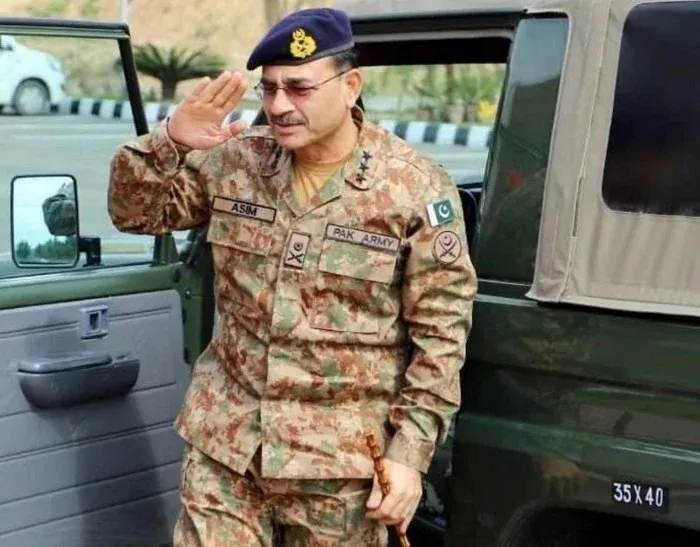
Synopsis
Key Takeaways
- Asim Munir is consolidating power through strategic appointments.
- He has positioned family and military allies in key civilian roles.
- The current government leaders serve as mere puppets.
- Challenges from militant groups could threaten his authority.
- The facade of democracy is maintained despite underlying shifts in power.
New Delhi, Oct 27 (NationPress) In July of this year, speculation circulated that Pakistan's Army Chief, Field Marshal Asim Munir, was contemplating a coup to unseat the government. However, Munir ultimately chose restraint, recognizing that such an action would invite significant international pressure to reinstate democracy.
Reflecting on General Pervez Musharraf’s tenure, who deposed Nawaz Sharif and declared himself President under immense pressure to restore democratic governance, Munir seems to have adopted a different strategy. He is now aiming to consolidate power for himself, while maintaining a façade of democracy with a puppet Prime Minister and President in place.
The Army Chief is strategically placing family members and military personnel within the administrative framework of the country. This ensures comprehensive control over both civilian and military sectors.
Munir took decisive action against Imran Khan, ensuring his removal from power and subsequent imprisonment. Khan was perceived as a primary threat, and Munir's strategy effectively neutralized this risk. Subsequently, he appointed Asif Ali Zardari as President and Shehbaz Sharif as Prime Minister, both now serving as instruments of his will.
Next, Munir installed his trusted associate, General Asim Malik, as the ISI chief while also designating him as National Security Advisor. Further consolidating his influence, he transferred his nephew, Captain Syed Abu Rehman Bin Qasim, from military service to civilian roles. This transfer, alongside nine other military personnel to administrative positions, signals Munir's intention to embed his loyalists throughout Pakistan's governance structure.
An insider noted that this consolidation empowers Munir to shape the political landscape while projecting an image of a democratic Pakistan. By placing his nephew in the Prime Minister’s office, Munir can closely monitor Shehbaz Sharif.
Plans are underway for Munir to secure his allies in the interior ministry, as well as in diplomatic missions and embassies, facilitating direct oversight of national administration.
Intelligence Bureau sources suggest Munir's nephew may eventually head an embassy in either the US or India, granting him further control over international intelligence operations. However, the primary focus for Munir remains solidifying his dominance over Pakistan’s internal affairs, as he relies on the ISI chief to manage intelligence matters.
For the time being, both the Prime Minister and President will retain their offices, primarily as symbolic figures to maintain the illusion of democracy in Pakistan. Observers note that these maneuvers stem from Munir's deep-seated insecurity regarding his position. His promotion to Field Marshal, despite facing public humiliation during Operation Sindoor, underscores this vulnerability.
Moreover, Munir's authority is increasingly challenged by groups such as the Tehreek-e-Taliban, Pakistan (TTP), the Balochistan Nationalist Army (BLA), and the Afghan Taliban. He is acutely aware that discontent among soldiers could lead to a coup, particularly as many refuse to comply with orders, including in Khyber Pakhtunkhwa (KP), where troops are hesitant to engage the TTP.
These developments unfold amid rising tensions between the GHQ and the government, particularly regarding Munir's desire to extend his tenure as Army Chief. While the government has permitted him to serve until 2027, Munir has expressed a wish to extend this to 2030, creating disquiet among army ranks, especially among those aspiring for promotion.
To mitigate potential seniority disputes, Munir has already reshuffled some senior corps commanders. Such actions reflect his profound insecurity, driving him to exert control over the Intelligence, Army, and now the administration.

